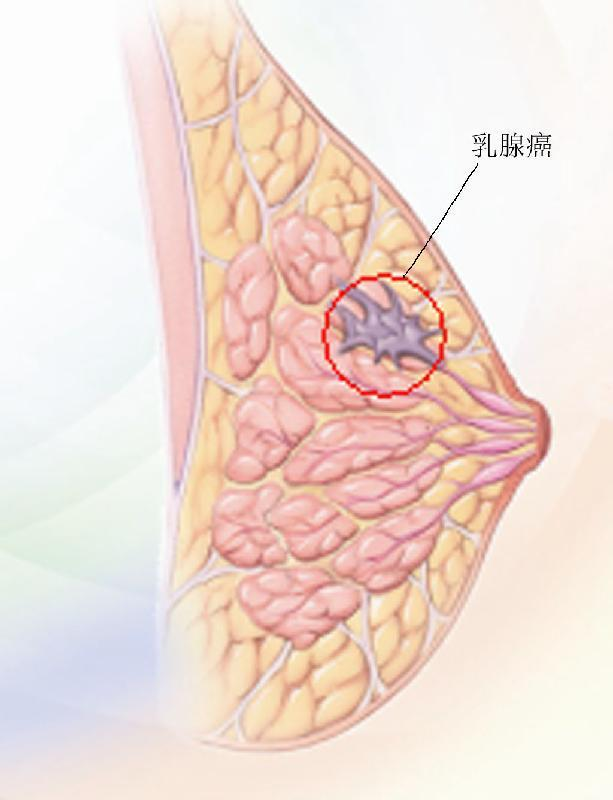对于正在考虑服用药物以降低乳腺癌罹患风险高于平均水平的女性,称为芳香酶抑制剂(AIs)的药物可能代替他莫昔芬或雷洛昔芬而成为另一种选择。
什么是芳香化酶抑制剂?(扫码加入乳腺癌交流群)

这些药物不会阻止卵巢产生雌激素。它们只会降低卵巢不分泌雌激素的女性(例如已经绝经的女性)的雌激素水平。因此,它们主要用于更年期已过的女性。
在研究中已显示可降低乳腺癌风险的此类药物包括:
- 阿那曲唑(Arimidex)
- 依西美坦(Aromasin)
每天服用一次。
芳香酶抑制剂AIs主要用于治疗荷尔蒙受体阳性乳腺癌的妇女。但是一些对阿那曲唑和依西美坦的研究还发现,它们可以降低罹患绝经后妇女的乳腺癌风险。
这些药物尚未在美国获得批准以降低患乳腺癌的风险。但是,一些专家组将它们作为选择(以及他莫昔芬和雷洛昔芬)作为选择,以降低风险较高的绝经后妇女的乳腺癌风险。例如,对于那些因会增加血液凝块风险,不应该服用他莫昔芬或雷洛昔芬的人群,这可能是一个合理的选择。
当用于降低患乳腺癌的风险时,这些药物通常每天服用维持5年。
芳香酶抑制剂的风险和副作用是什么?
AI的最常见副作用是更年期症状,例如潮热,盗汗和阴道干燥。
这些药物也会引起肌肉和关节疼痛。这种副作用可能严重到足以使某些妇女停止服用药物。
与他莫昔芬和雷洛昔芬不同,AI往往会加速骨骼变薄,从而导致骨质疏松。骨质疏松症的人更容易骨折。
AIs可能增加胆固醇。患有冠心病的女性,服用Als可能导致心脏问题的发生。
参考文献:
Chen WY. Selective estrogen receptor modulators and aromatase inhibitors for breast cancer prevention. UpToDate. 2019. Accessed at https://www.uptodate.com/contents/selective-estrogen-receptor-modulators-and-aromatase-inhibitors-for-breast-cancer-prevention on July 31, 2019.Cuzick J, Sestak I, Forbes JF, et al. Anastrozole for prevention of breast cancer in high-risk postmenopausal women (IBIS-II): An international, double-blind, randomised placebo-controlled trial. Lancet. 2014;383:1041-1048.
Goss PE, Ingle JN, Alés-Martínez JE, et al. Exemestane for breast-cancer prevention in postmenopausal women. N Engl J Med. 2011;364(25):2381−2391.
National Comprehensive Cancer Network (NCCN). Practice Guidelines in Oncology: Breast Cancer Risk Reduction. V.1.2019. Accessed at https://www.nccn.org/professionals/physician_gls/pdf/breast_risk.pdf on July 31, 2019.
Nelson HD, Fu R, Zakher B, Pappas M, McDonagh M. Medication use for the risk reduction of primary breast cancer in women: Updated evidence report and systematic review for the US Preventive Services Task Force. JAMA. 2019;322(9):868-886.
Visvanathan K, Fabian CJ, Bantug E, et al. Use of endocrine therapy for breast cancer risk reduction: ASCO clinical practice guideline update. J Clin Oncol. 2019 Sep 3:JCO1901472. doi: 10.1200/JCO.19.01472. [Epub ahead of print]





发表评论 取消回复